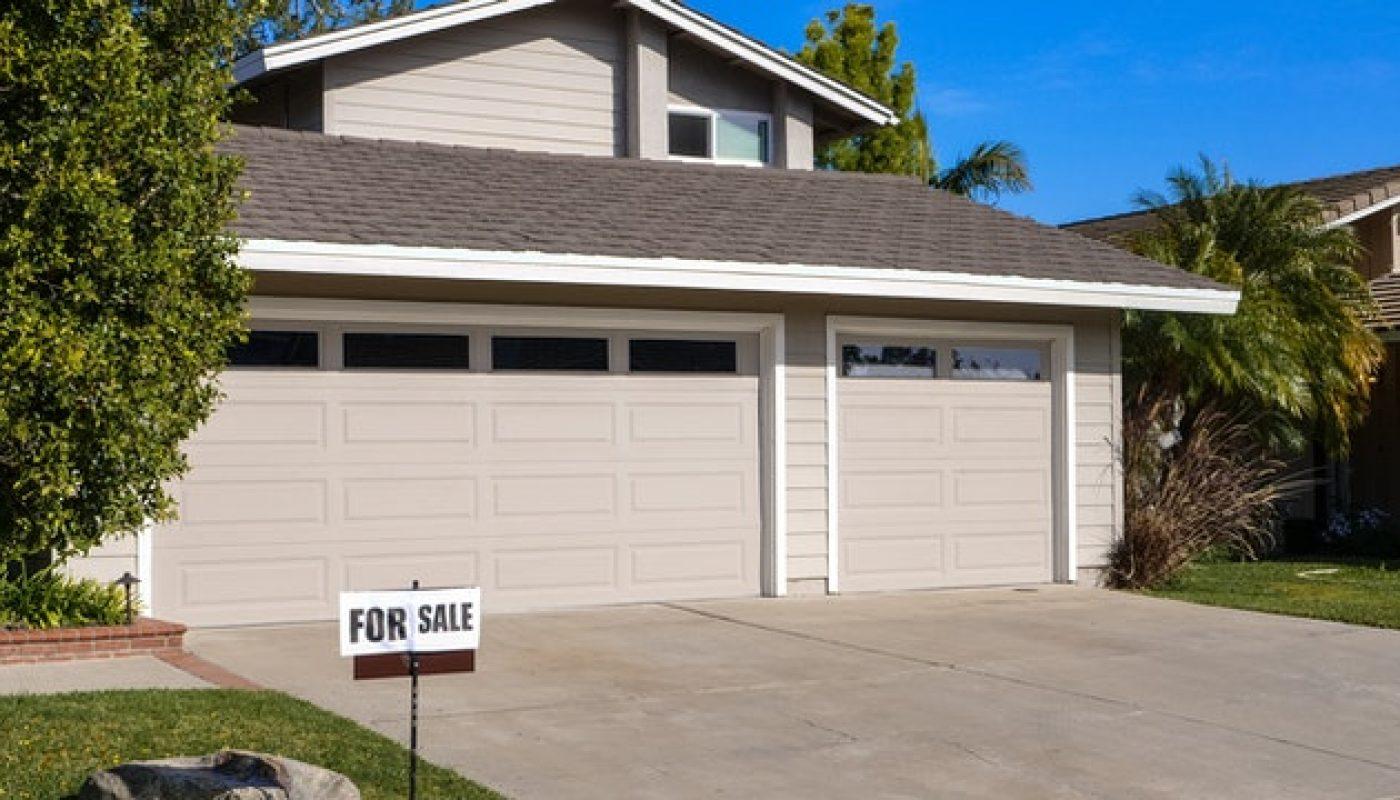
Photo by Kindel Media from Pexels
You’ve just sold your first fixer-upper! After long months spent tackling DIY projects, communicating your vision to contractors, marketing your hard work, and selling your completed masterpiece, you’re finally raking in the dough and it feels amazing.
Now that you know how the process works, you’re probably itching to replicate it. But how do you go about finding the next house for your new rags-to-riches home makeover journey? While home flipping popularity is increasing, average profits are actually slumping. How can you be sure you are buying a home that will turn a profit after you flip it?
Selling a home can be difficult, but it doesn’t have to be. Let’s explore some ideas to help you find your next fixer-upper and get those creative juices flowing again!
1. Search Local Auctions
Local auctions are a great place to find cheap properties you wouldn’t otherwise find on the market. Most homes up for auction are in foreclosure and in disrepair, making them great options for your next fixer-upper.
The only downside of buying property at an auction is that they sell fast and you likely won’t be able to inspect the property yourself to assess the cost of the remodel. You may be committing yourself to a property that needs a bit more work than you’re willing to take on.
You will also most likely need to pay in cash, so prepare yourself by arranging your finances accordingly or obtaining a fix and flip loan. At an auction, you will be sure to find a cheap fix and flip property that needs a fair amount of time and money invested into it.
2. Use Your Network
If you’ve just completed your first flip, you have likely created a usable network of contractors, specialists, real estate agents, and fellow fix-and-flippers. Even if it’s a small network, put it to use! You never know who in your address book has their finger on the pulse of this industry. Before you use other avenues, don’t be afraid to reach out to your contacts and make good use of your network.
3. Hire A Real Estate Agent
Don’t overthink it; if you’re having trouble finding a house to flip, hire a real estate agent. There are even certain agents who specialize in flipping houses that can help you find the right property at your price point and in a smart area. An agent can be especially helpful if you’re looking for REO properties or homes listed as short sales.
4. Look For REO Properties
An REO (Real Estate Owned) property is a home in foreclosure that failed to sell at auction and is now the property of the bank. The bank is usually not eager to keep this property and is prepared to offer a good deal to real estate investors to quickly take the property off their hands.
This is where you come in! Financial institutions will sell batches of these foreclosed homes to property investors, but beware: much like a home found at an auction, they may be in a worse state of disrepair than you are prepared to deal with.
5. Search Real Estate Websites
If none of these options are working, you may want to search a real estate website. These websites can shed light on important data in your area of choice, such as square footage, average prices, days on the market, average number of bedrooms, and much more. This data can be helpful when deciding which properties may be a good choice for you on your next fix and flip adventure.
While flipping property requires strategy and flexibility, once you get the hang of it, you’ll find it’s quite methodical. Finding a property that will maximize your profit can be the biggest challenge of the process, but it doesn’t have to be impossible. If you are currently on cloud nine after your first sale but don’t know where to go next, don’t be discouraged. If you utilize your network and strategize your search, you will be able to flip homes and grow your income for years to come.





